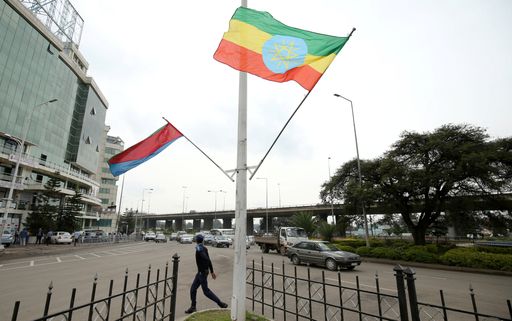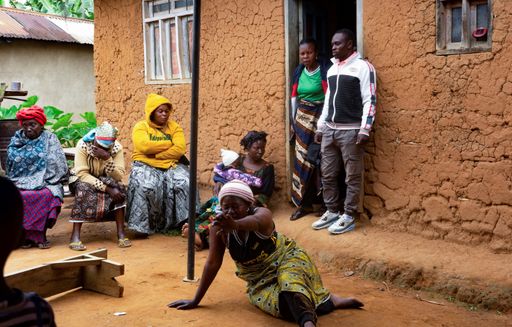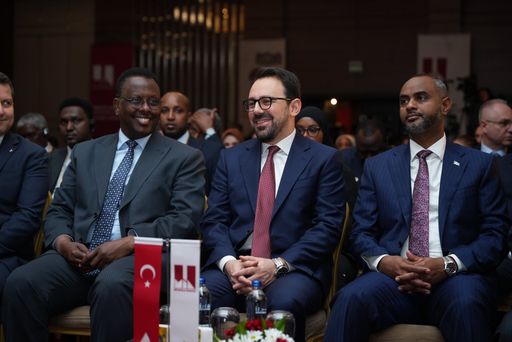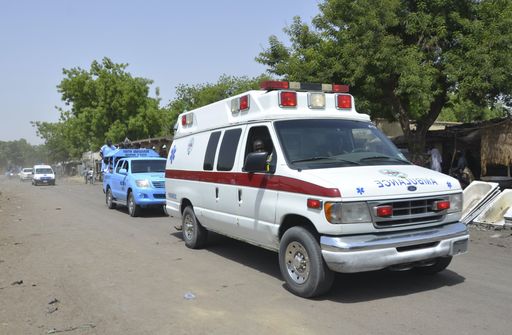Sport
The African Union argues the current world map gives the impression that Africa was "marginal", despite being the world's second-largest continent by area.
The African Union has backed a campaign to end the use by governments and international organisations of the 16th-century Mercator map of the world in favour of one that more accurately displays Africa's size.
Created by cartographer Gerardus Mercator for navigation, the projection distorts continents’ sizes, enlarging areas near the poles like North America and Greenland while shrinking Africa and South America, Reuters news agency reports.
"It might seem to be just a map, but in reality, it is not," AU Commission deputy chairperson Selma Malika Haddadi told Reuters, saying the Mercator fostered a false impression that Africa was "marginal", despite being the world's second-largest continent by area, with 54 nations and over a billion people.
Such stereotypes influence media, education and policy, she said.
Historical criticism
Criticism of the Mercator map is not new, but the 'Correct The Map' campaign led by advocacy groups Africa No Filter and Speak Up Africa has revived the debate, urging organisations to adopt the 2018 Equal Earth projection, which tries to reflect countries' true sizes.
"The current size of the map of Africa is wrong," Moky Makura, executive director of Africa No Filter, said. "It's the world's longest misinformation and disinformation campaign, and it just simply has to stop."
Fara Ndiaye, co-founder of Speak Up Africa, said the Mercator affected Africans' identity and pride, especially children who might encounter it early in school.
"We're actively working on promoting a curriculum where the Equal Earth projection will be the main standard across all (African) classrooms," Ndiaye said, adding she hoped it would also be the one used by global institutions, including Africa-based ones.
Comments
No comments Yet




















Comment